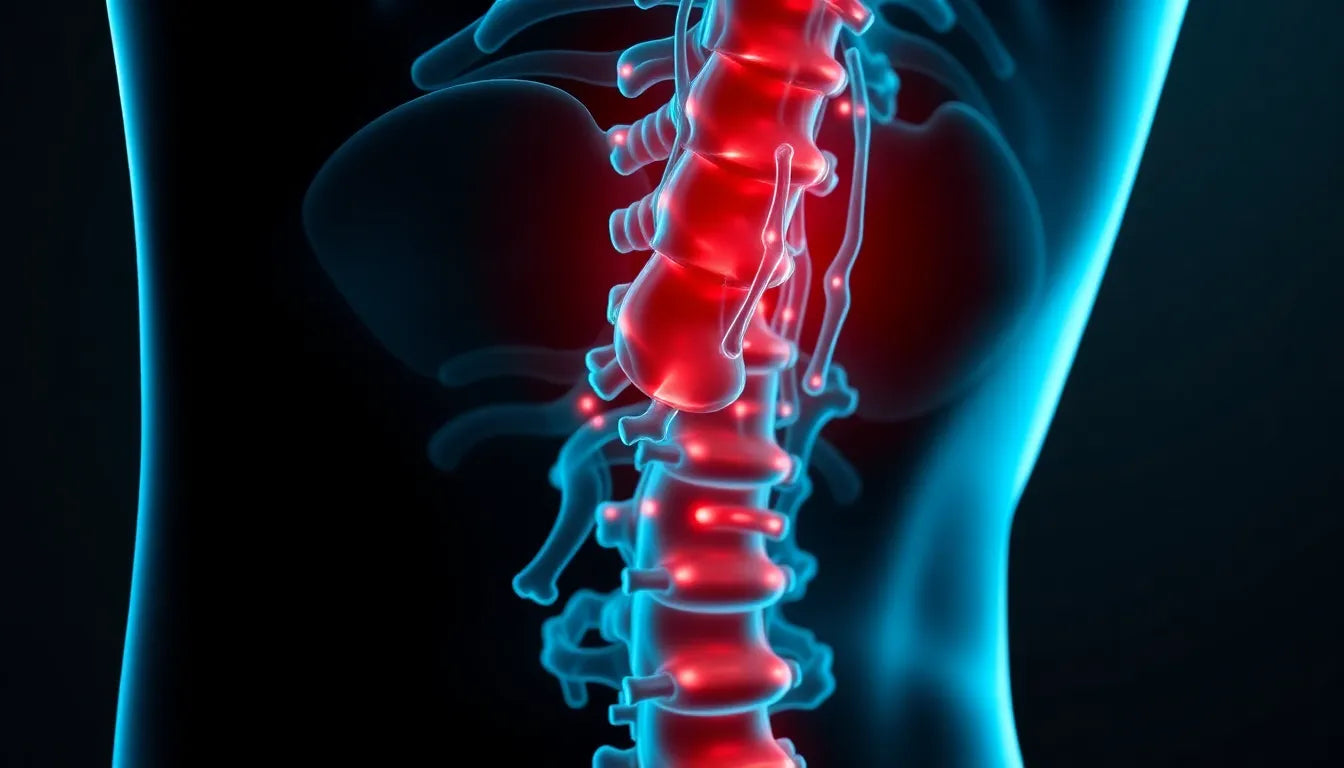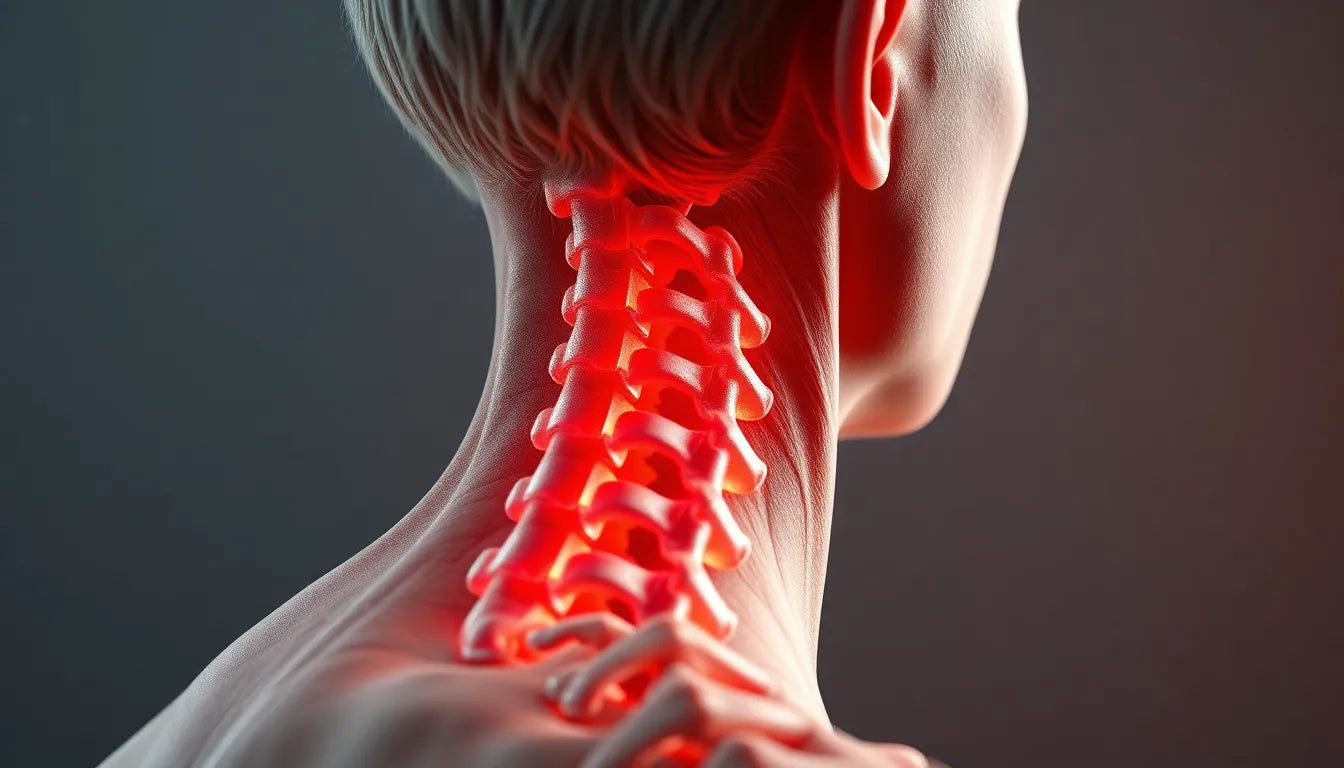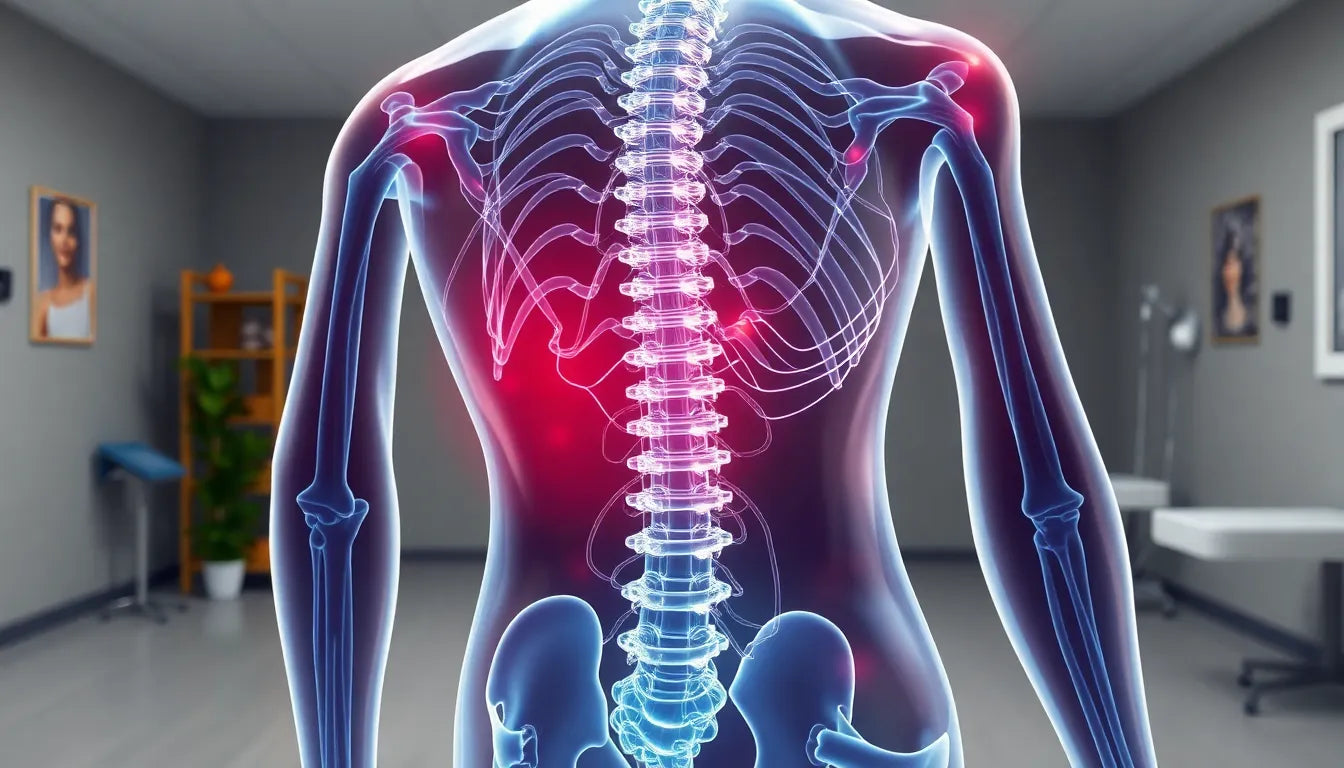Understanding the intricacies of spinal health is crucial, especially when dealing with conditions like a herniated disc. A herniated disc occurs when the soft, gel-like center of a spinal disc pushes through a crack in the tougher exterior casing. This condition can result from various factors, including aging, sudden injury, or continuous strain on the spine. As the disc protrudes, it can irritate nearby nerves, leading to significant pain, numbness, or weakness, often impacting one's mobility and quality of life.
When managing a herniated disc, avoiding certain mistakes can be pivotal in preventing further damage and promoting a quicker recovery. The spine is a delicate structure, and any additional stress or improper movement can exacerbate the condition, leading to prolonged discomfort and potential complications. Therefore, understanding what actions and habits to steer clear of is essential for anyone looking to manage their symptoms effectively and support their body's healing process.
This blog post aims to serve as a comprehensive guide for those dealing with a herniated disc, offering insights into common pitfalls and activities that should be avoided. By following expert advice and drawing from top medical sources, we hope to provide readers with practical and actionable information that aids in their recovery journey. Whether you're newly diagnosed or have been managing a herniated disc for some time, knowing what to avoid can make a significant difference in your path to recovery.
physical activities to avoid with a herniated disc
When dealing with a herniated disc, understanding which physical activities to avoid is crucial in preventing further injury and promoting recovery. One of the primary movements to steer clear of is twisting motions. Activities that involve twisting, such as certain yoga poses or sports like golf, can aggravate the condition by increasing pressure on the spine and potentially worsening the herniation. It's essential to maintain a neutral spine position whenever possible to mitigate these risks.
Another significant consideration is the avoidance of heavy lifting. Lifting heavy objects, particularly with improper form, can exacerbate a herniated disc by placing undue stress on the spinal column. If lifting is unavoidable, it's important to use proper techniques, such as bending at the knees and keeping the load close to the body. Alternatively, seeking assistance or using tools designed to aid in lifting can help minimize strain on the back.
Engaging in high-impact sports is also discouraged for individuals with a herniated disc. Sports like running, basketball, and football can place additional stress on the spine due to their jarring nature. Instead, consider low-impact activities such as swimming or walking, which offer cardiovascular benefits without the same level of spinal stress.
Finally, it's important to be mindful of bending and prolonged sitting. Bending too frequently or sitting for extended periods can impede healing by compressing the discs and increasing discomfort. To aid recovery, maintain proper posture, take regular breaks to stand and stretch, and use ergonomic chairs that support the natural curve of the spine.
lifestyle habits to avoid for optimal recovery
Beyond physical activities, certain lifestyle habits can also hinder recovery from a herniated disc. One critical mistake is ignoring pain signals. Pain is the body's way of indicating that something is wrong, and ignoring these signals can lead to further damage. It's important to rest when needed and consult a healthcare professional if pain persists or worsens.
Poor hydration and nutrition are often overlooked but play a vital role in spinal health. Since spinal discs are approximately 70% water, proper hydration is essential for maintaining their flexibility and function. Similarly, a balanced diet rich in nutrients supports the body's natural healing processes. Focus on consuming foods high in vitamins and minerals, such as leafy greens, lean proteins, and whole grains.
Carrying heavy bags or backpacks can also negatively impact spinal health, especially if the weight is unevenly distributed. Opt for ergonomic bags that distribute weight evenly across the shoulders, and avoid overloading them. If possible, use a rolling bag to minimize strain on the back.
Lastly, maintaining static postures, such as slouched sitting, can place additional stress on the spine. To counteract this, incorporate regular movement into your day, practice good posture, and consider using standing desks or ergonomic seating options that encourage dynamic sitting.
Recovery mistakes to avoid for faster healing
While managing a herniated disc, avoiding certain recovery mistakes is crucial for promoting healing and preventing setbacks. One common error is remaining too inactive during recovery. Although rest is important, complete inactivity can lead to muscle weakness and a slower healing process. Instead, engage in gentle exercises such as walking or swimming, and consider working with a physical therapist to develop a safe and effective exercise routine tailored to your needs.
Another critical mistake is self-medicating without proper guidance. While over-the-counter pain relievers can offer temporary relief, they should not replace professional medical advice. Misusing medication can lead to side effects and may not address the root cause of the pain. Always consult with a healthcare provider to determine the most appropriate treatment plan for your condition.
Taking a passive role in your treatment can also hinder recovery. Educating yourself about your condition and actively participating in your treatment plan can significantly impact your healing journey. This includes attending all medical appointments, following prescribed exercises, and making necessary lifestyle adjustments to support your recovery.
Unnecessary MRI scans are another potential pitfall. While MRIs can provide detailed images of the spine, they may not always be necessary, especially if a thorough mechanical assessment hasn't been conducted first. Consult with your healthcare provider to determine if an MRI is needed based on your specific symptoms and medical history.
Lastly, addressing the emotional aspects of dealing with a herniated disc is essential. Fear and anxiety about the condition can exacerbate pain and impede recovery. Seeking support from healthcare professionals, joining support groups, and practicing stress-reducing techniques such as meditation or deep breathing exercises can help manage these emotions and promote a positive outlook on recovery.
Frequently Asked Questions
What is the fastest way to recover from a herniated disc?
Recovery involves a combination of rest, physical therapy, proper hydration, and avoiding harmful activities. Consulting with a healthcare provider for a tailored plan is essential.
Can a herniated disc heal on its own?
In many cases, herniated discs can heal with time and proper management, but severe cases may require medical intervention.
Is walking good for a herniated disc?
Walking can be beneficial as it helps maintain mobility and circulation, but it should be done carefully and without causing pain.
When should I see a doctor for a herniated disc?
If you experience severe pain, weakness, or numbness that affects your daily activities, it is crucial to seek medical advice.
Are there any specific exercises to avoid with a herniated disc?
Exercises that involve twisting, heavy lifting, or high impact should be avoided. Consult a physical therapist for a safe exercise regimen.
Sources
- Pinnacle Ortho. (2023). "Common Mistakes with Herniated Discs."
- ADR Spine. (2023). "High-Impact Sports to Avoid with a Herniated Disc."
- C3 Spine. (2023). "Recovery Mistakes to Avoid for Herniated Discs."
- APEX Spine. (2023). "Advice for Managing Herniated Discs."
- Virtual Physical Therapists. (2023). "Guidance for Herniated Disc Recovery."
- El Paso Manual Physical Therapy. (2023). "Tips for Avoiding Herniated Disc Aggravation."
- Bob & Brad. (2023). "Exercises to Avoid with a Herniated Disc." YouTube.


















